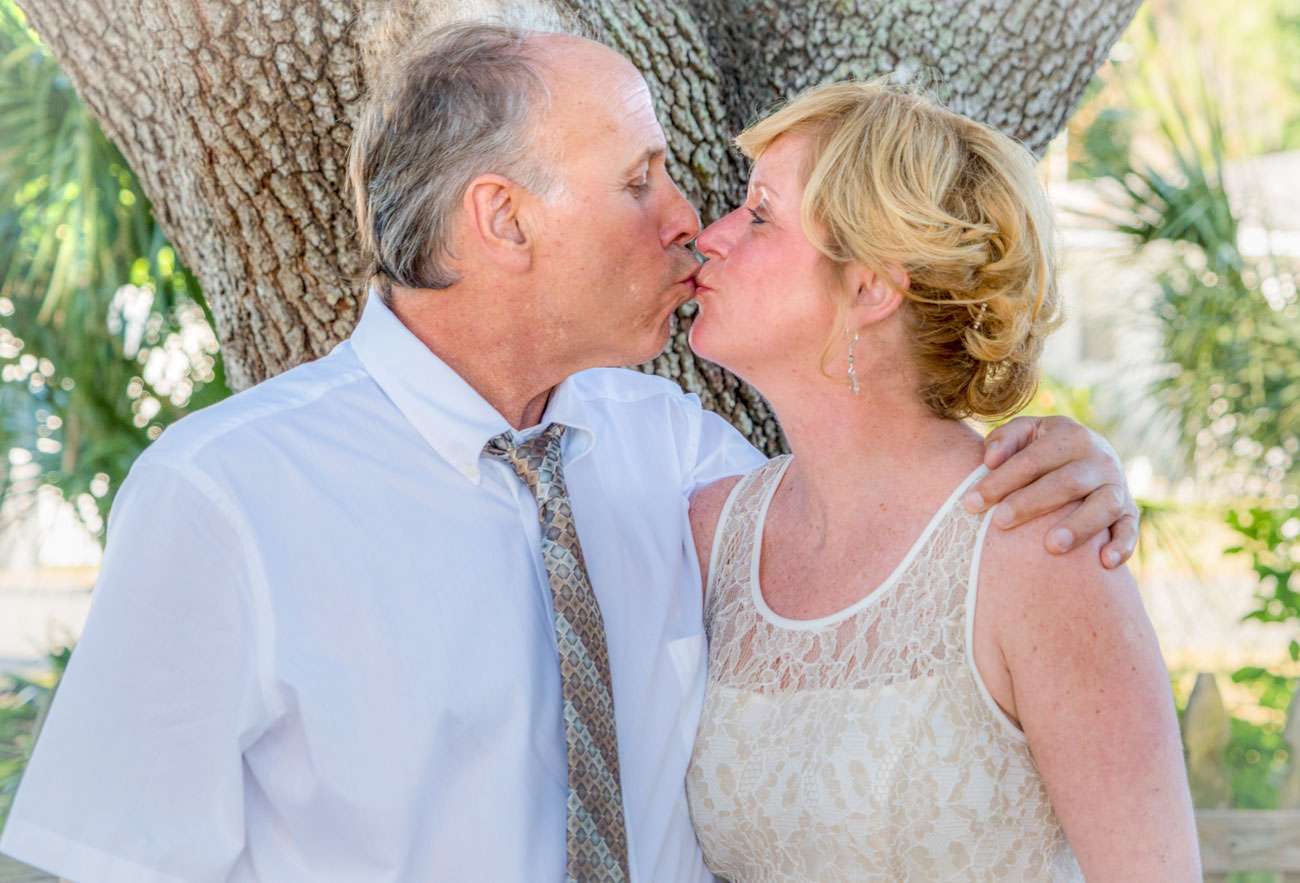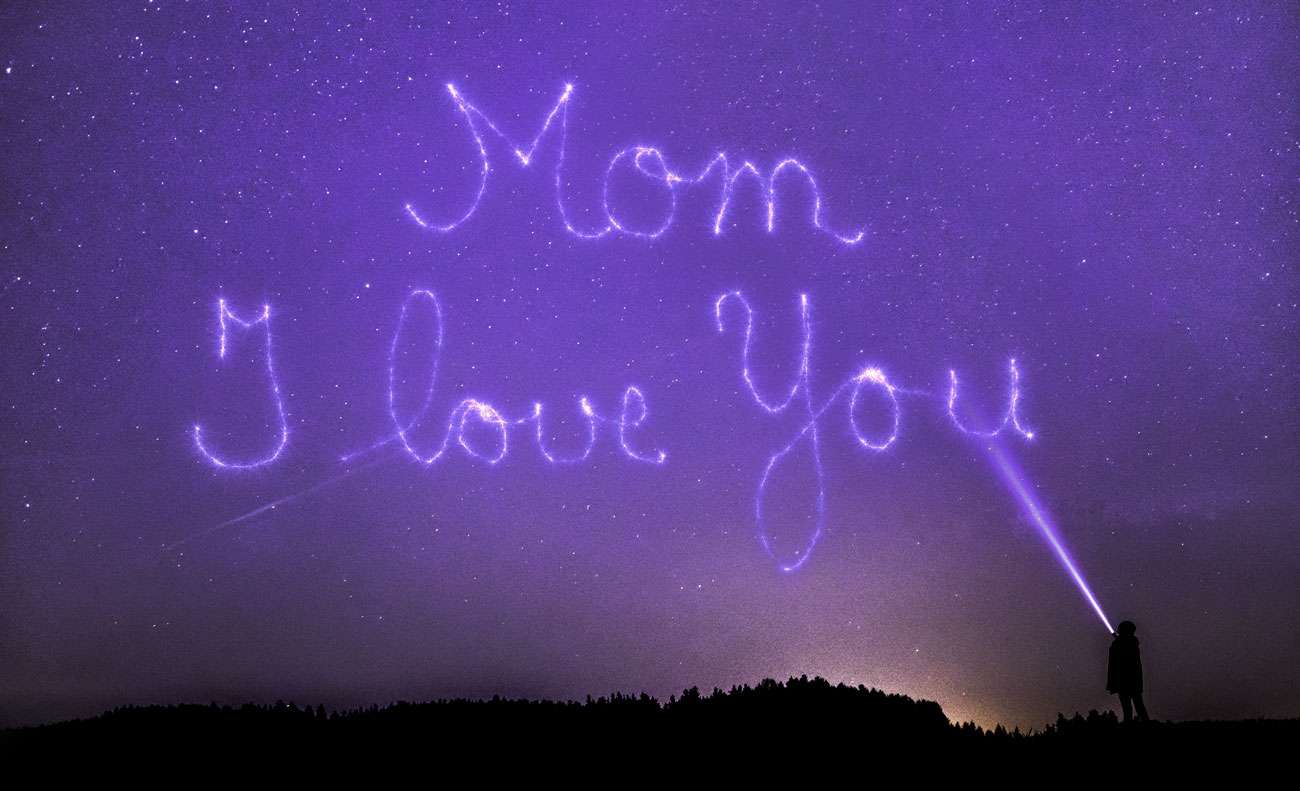
Understanding the science of love
Love wins, for one reason above all: it lies within the very heart of us. Broken heart syndrome was first recognised by Japanese researchers more than 20 years ago and has gained more attention in Western countries in the past 10 years. Whether it be a deep, interpersonal affection or a simple pleasure, love is powerful feeling and experience of the moment, yet stays with us for life and death. That said, love can also be expressed for an object or a place, whether real or imaginary. The strong range of positive emotional and mental benefits we experience through love make the human experience all the more . . . well, lovely.
In 2005, Helen Fisher led a research study of 2500 brains using functional MRI images. Photos of people romantically loved caused participants’ brains to become active in regions rich with dopamine, a feel-good neurotransmitter. Two regions of the brain showing activity were the caudate nucleus (reward detection and expectation, and integration of sensory experiences) and the central tegmental (pleasure, focused attention and motivation to pursue and acquire rewards). Your amygdala, hippocampus and prefrontal cortex all contribute to this primitive neural network, and are exceptionally sensitive to behaviours that induce pleasure, such as sex and food consumption.
The process of falling in love often presents itself through sweaty palms, racing heartbeat, blushing, feelings of passion and anxiety (often all at once). Cortisol levels rise to help us cope with the important dilemma at hand. According to Professor Richard Schwartz at Harvard Medical School, this leads to a reduction in serotonin, and the obsessive-compulsive behaviours associated with infatuation. According to John Gray, it’s common for us to manipulate our partners into making changes through punishment and shame, based on what we believe is good or bad according to our social conditioning. No wonder we do irrational things when we fall in love!
Dopamine makes love a pleasurable experience by activating your reward circuit. A study of fruit flies in 2012 found that male fruit flies that were sexually rejected drank four times as much alcohol as fruit flies that mated with female fruit flies, citing this as the same reward centre, but just a “different way to get there”. Interestingly, some researchers speculate that falling in love may reduce some of the differences between the sexes, making men softer and women more aggressive. This due to measured changes in levels of testosterone.

Other chemicals at work during romantic love are oxytocin and vasopressin. The former deepens feelings of attachment, contentment, calmness and security. Vasopressin is linked to behaviour that produces long-term, monogamous relationships. Over time, the balance between cortisol and dopamine, versus oxytocin and vasopressin helps to explain why passionate love decreases as attachment grows. But fear not: another study in 2011 reported that couples married an average of 21 years can have the same intensity of dopamine-rich areas of the brains as found in the brains of couples newly in love. Romance can remain, whilst nervousness is lost.
In later stages of relationships, we may experience disagreements and new challenges, though due to feeling settled and secure, we’re better able to recognise our stress and do things to reduce it. According to John Gray, women need to be listened to (hint: acknowledge their feelings; don’t try to solve their problems), and men need to be appreciated (hint: give praise). Furthermore, we begin to accept what we cannot change, an appreciation for what can change, and the wisdom to know the difference. Finally, comes acceptance that our partners are not perfect, problems and challenges will never go away, but that it’s not the end of the world.
Speaking of which – in our current climate of implosive, political polarisation – love also turns off the neural pathway for negative emotions, such as fear and social judgement. Prior to the advent of a social internet, our experiences and opinions were largely shaped in the real world, with real people. These circumstances provide us with more context, helping us to understand better others’ thoughts, feelings and intentions.
This innate sense of community is something we yearn for: to care and look out for one another. There are many fantastic examples of kindness and goodwill projects that exist online, though we must not lose sight of – no, touch with – those with whom we are connected (partners, family and friends alike). A study of individuals spending time with loved ones found a 22% reduction in mortality, compared with those who didn’t, owing to decreased stress and risky behaviours. It’s understandable too, that the chronically lonely and lockdown lonely in our population report impact on their well-being as being their biggest concern with Coronavirus and lockdowns.

Yet, we must be thankful for the internet and social media, and their keeping us connected. What’s more, larger communities can commune in messaging or video call applications, seeking advice and sharing good humour to keep us all calm and carrying on. We can very readily share our love and gratitude for our loved ones, objects and places. A reminder though to be considerate of both your active and passive digital footprint, where our time and attention online become ever-more valuable commodities for technology businesses and their associates. I’ve started using Telegram and Signal, in place of WhatsApp, as well as using the internet browser Duck Duck Go, in place of Edge, Chrome and Safari. Not everyone wants their love to be visible to all. Privacy is, as privacy does.
A big part of love is about expressing our gratitude. This practice alone fosters massive health creation. It’s something I like to do in the morning on the way to work, or in the evening before I go to bed, normally as conversation with myself that starts with: “Today I am looking forward to . . .”, or “Today, I was grateful for . . .” You can also keep a journal if you like to write things down. People also practice gratitude through religious/non-religious prayer or mindfulness meditation. I love my children and my wife; my family and friends; performing and listening to music; learning from and teaching others; exploring health creation and sharing my findings – I have a lot to be grateful for! To conclude, in the (aptly adapted) immortal words of Spock, I plan to love long and proser. How about you?
Arran is a music educator, who established Surrey Health Collective in 2019 with local health practitioners, as a non-profit group that brings the community together to learn about and share our experiences in health creation. Search for us on social media using: @surreyhealthcollective or visit our website: www.surreyhealthcollective.org











